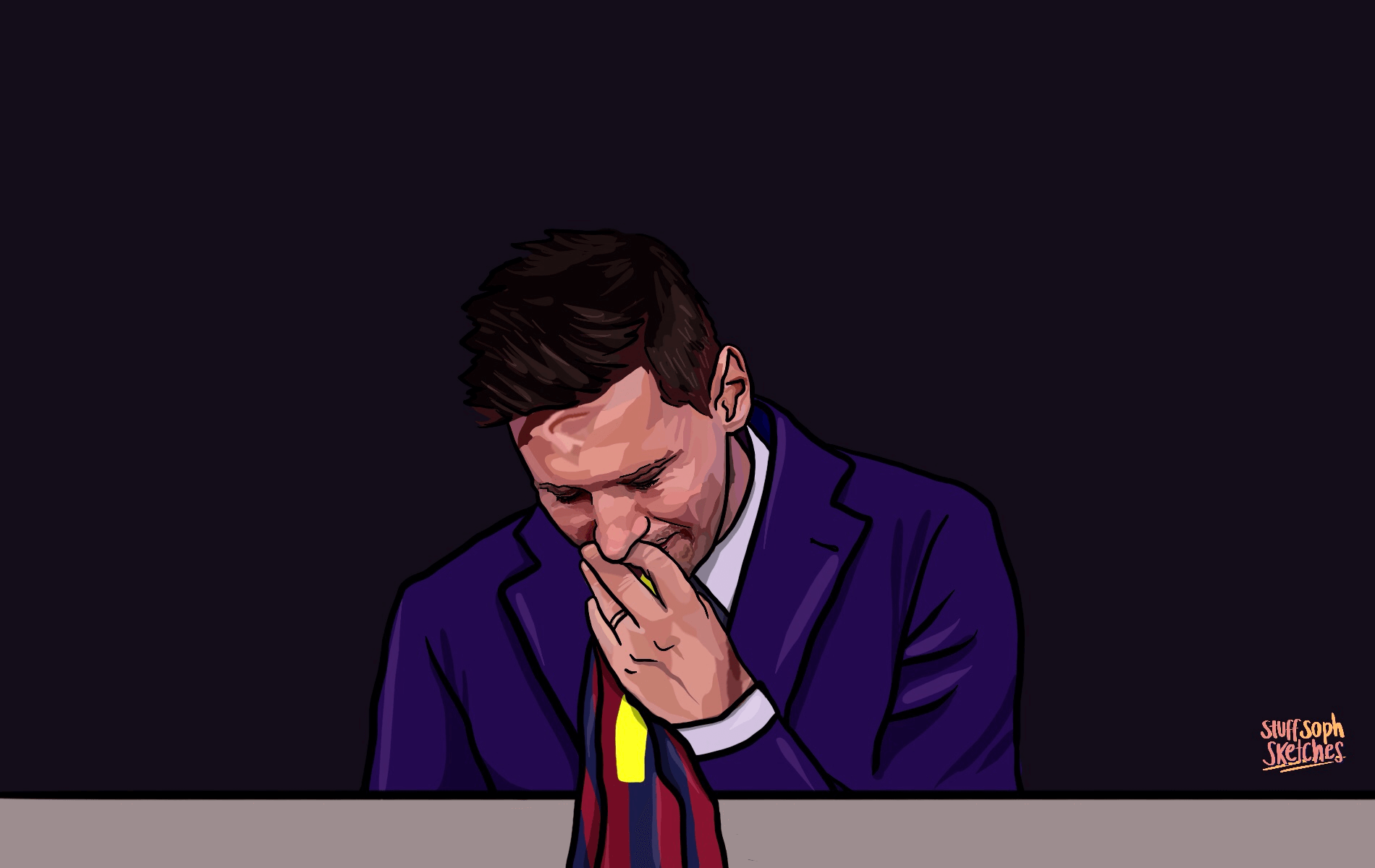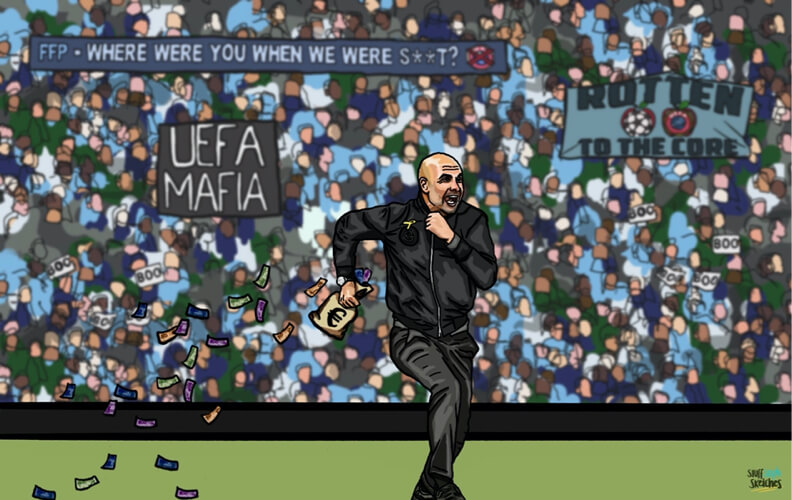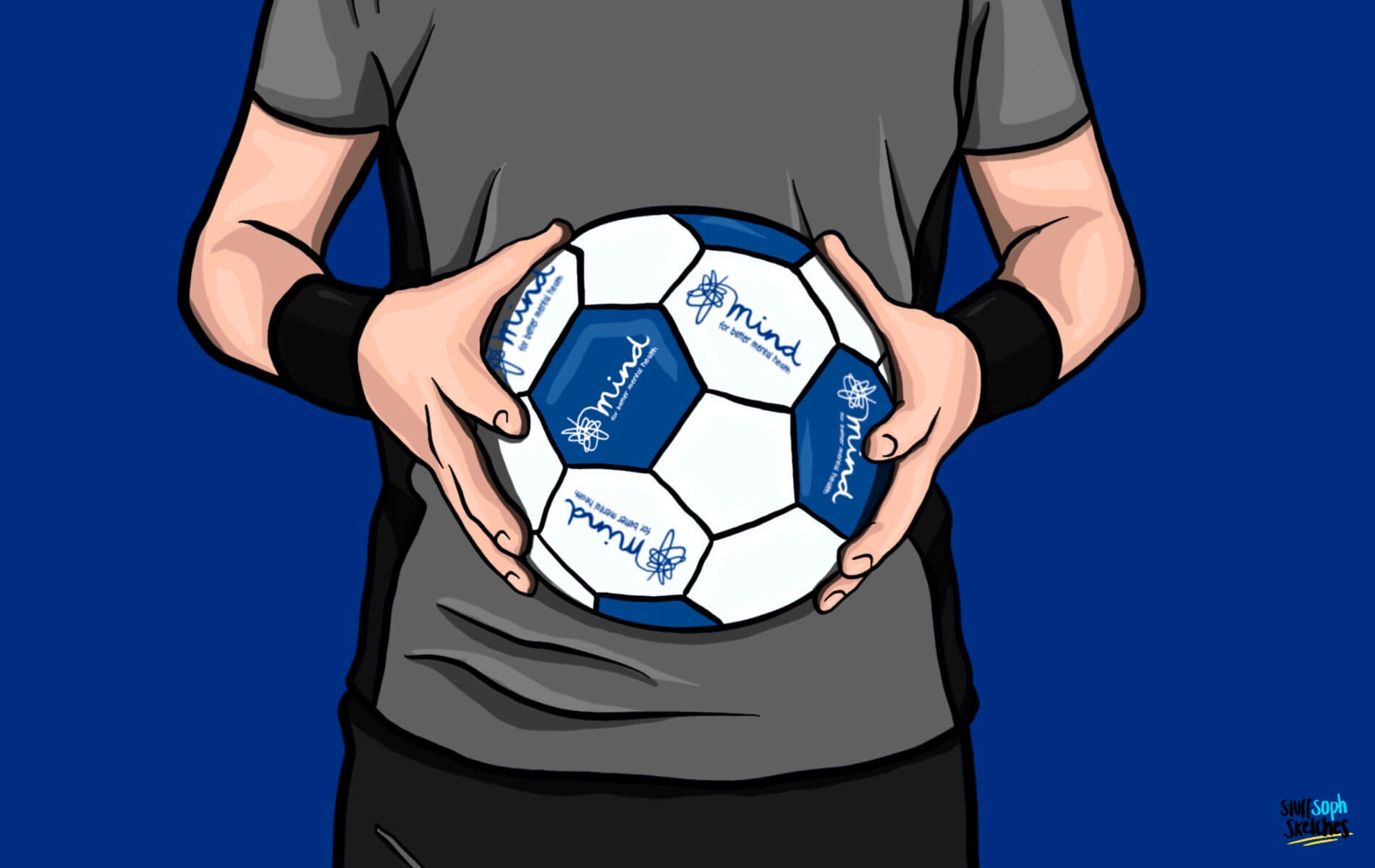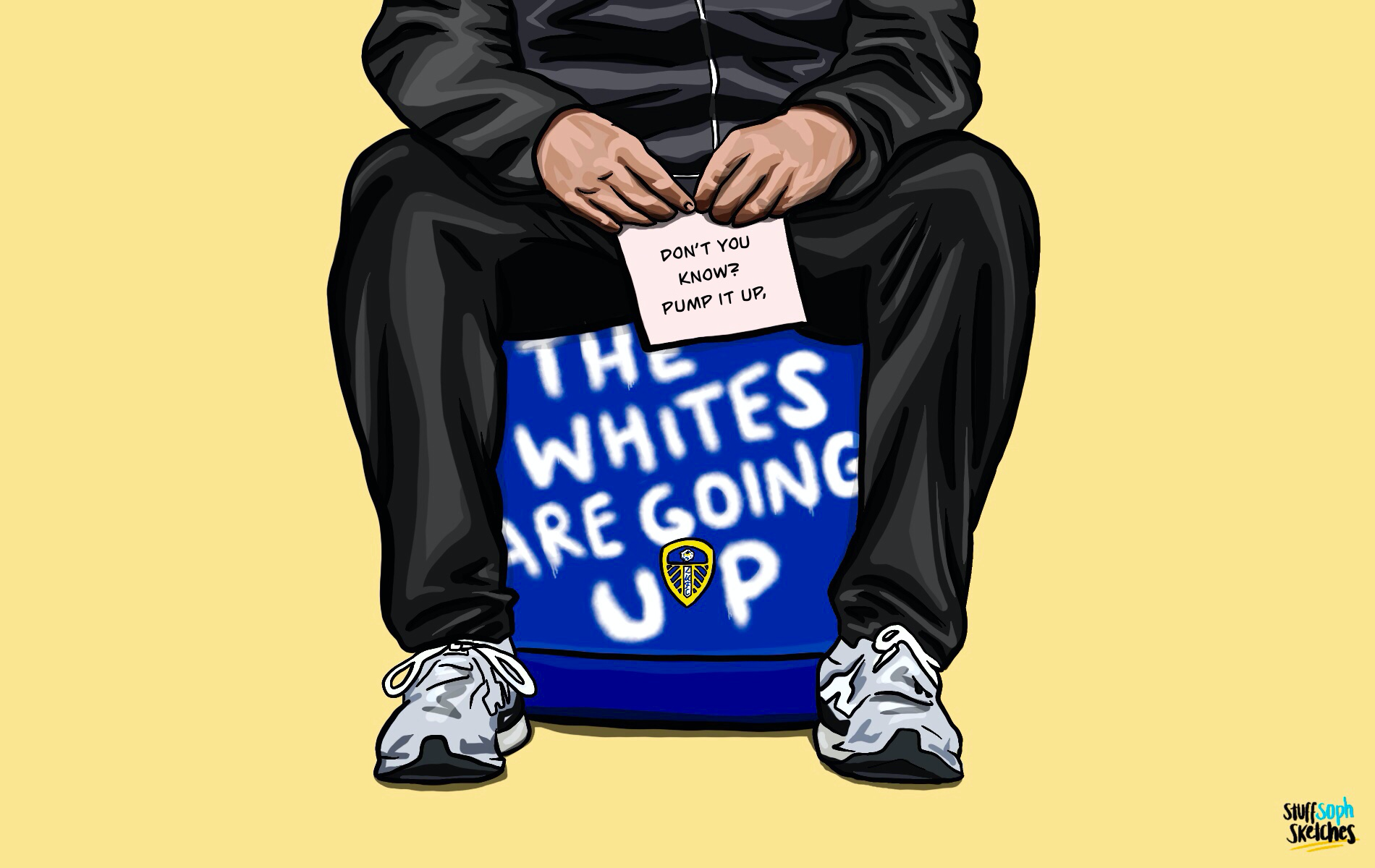Nearly a year ago, on the 25 August 2020, an earthquake occurred in Catalonia. Ruptures and tremors awoke those in the deepest of siestas, leaving countless bodies nocturnal and uncomprehending. Lionel Messi, the world’s most talented footballing sensation, submitted a formal transfer request to FC Barcelona after spending two decades at the club.
For all the woe surrounding his departure, I wouldn’t feel too sorry for him. He will be earning £650,000 a week.
At the time, it was clear the Argentine had become frustrated with the way things were going on and off the pitch. The star increasingly became vexed by the club’s misdirection in replacing key players, deteriorating relationships with board members, ignominious Champions League exits and after being blamed for things that were simply not his responsibility. All of this left his father, Jorge, feeling that he had no option other than to send a fax to the club making his son’s position clear: enough is enough. It really did feel like a natural disaster, not just for Barcelona fans but for all of football. There is a romanticism which we attach to the one-club player, the loyalist, the staunch leader who bleeds the colours of the strip on his back. If Lionel Messi were to leave Barcelona Football Club, then all constants of the footballing universe would rapidly be called into question.
Nonetheless, like boats righting in rough weather, both parties seemed to settle their differences and Messi was once again destined to finish his career at Camp Nou. He completed the 2020-21 season with thirty-three goals and fourteen assists – astonishing numbers for the thirty-four-year-old maestro. Everything seemed to be fine. Barcelona fans felt at ease once again. Little did they know that those in charge of the club were luring them into a very false and very insincere sense of security. One year on, on 5 August 2021, Barcelona announced that Messi would be leaving. Rather ambiguously, their statement read: ‘despite club and player reaching an agreement and their clear intention to sign a new contract today, this cannot happen because of financial and structural obstacles’. Lionel Messi has been playing competitively for Barça since he was seventeen years old. Doing his best impression of a 70s porn star at a Charles Manson lookalike contest, he made his debut in October 2004, replacing Deco in the eighty-second minute, marking the start of a lustrous career that boasts: six Ballon d’Ors, ten La Liga titles, seven Copa del Reys, seven Spanish Super Cups, four UEFA Champions Leagues, three UEFA Super Cups and three FIFA Club World Cups. So much glory. So many memories. Such a soulless finale. Unfortunately, there is another constant in our footballing stratosphere, one much more powerful and infinite than the rest: money.
It feels tragic that money is the reason Messi was forced out of his childhood club, that money left one of the most respected athletes on the planet reduced to indignant tears at a press conference for the world to see. Reports suggest that the Argentina captain had accepted a 50% pay cut as Barcelona desperately tried to balance out their books. What on Earth went so wrong? Perhaps like any excuse for incompetence these days, the Catalonian upper echelons can blame the pandemic; financial mismanagement resulted in the club experiencing losses of around 400 million euros during the 2020-21 season and this damage right now seems irreparable. Currently, Barcelona spend a staggering 95% of the club’s income on player wages. Had they retained Messi, that figure would have risen to 110%. Personally, I don’t understand any percentage that surpasses 100. Apparently neither did President Joan Laporta. It was deemed impossible.
What followed seemed inevitable. On 11 August 2021, Messi was unveiled as a Paris Saint-Germain player. For all the woe surrounding his departure, I wouldn’t feel too sorry for him. He will be earning £650,000 a week. It would be quite reasonable to guffaw at the astronomical wage packages being dished out at PSG, quite frankly making a mockery of Financial Fair Play (FFP) – whatever that is these days. I won’t pretend to understand FFP, although I do understand that our sport is increasingly becoming an elitist entity; football is becoming harder and harder to comprehend and feel connected to. Is competition becoming a thing of the past? It feels as though the most surprising event of the season would be if PSG somehow failed to become European Champions. Maybe that’s the nature of competition. To be the best you must beat the best. Are Paris Saint-Germain now the world’s best football team? Or is Tamim bin Hamad Al Thani, Emir of Qatar, simply football’s best capitalist? What’s the difference these days? Who knows anymore?



